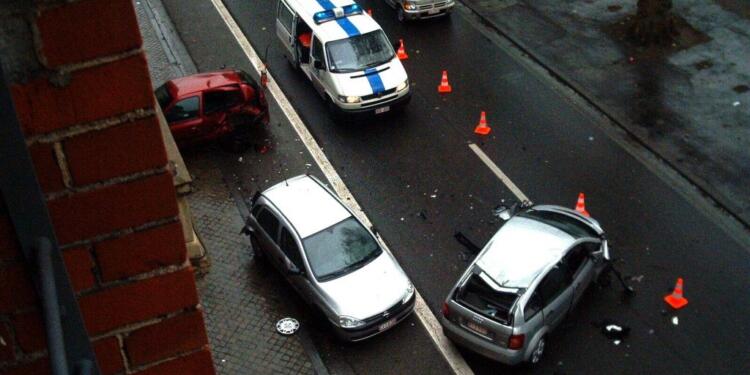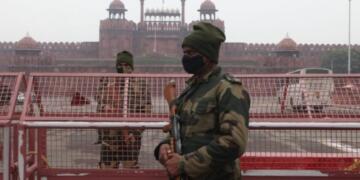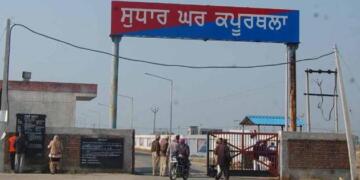Car accidents can be unexpected and very stressful. If you’ve been in one, you know how overwhelming it can feel. But before you panic, there’s a simple checklist to follow. Remember, the quickest way to report an accident is by calling 911. This article discusses the things you should do immediately after a car accident.
Check for Injuries First
Let’s start by making sure everyone is okay. First, check yourself and the people around you for injuries. Even if you feel fine, remember that shock can hide pain, so don’t just rely on adrenaline.
Also, ask the other driver and any passengers how they’re doing. If anyone is hurt, call for help right away. I know it might seem obvious, but in a chaotic situation, people can freeze and not know what to do.
Get to a Safe Spot
After a small accident, it’s not a good idea to stay in the middle of the road. If the accident wasn’t serious, move your car out of traffic. Turn on your hazard lights and find a nearby safe spot, like the shoulder or a parking lot. You don’t want another car to come through and make the situation worse.
If your car can’t move or the accident is serious, stay where you are. It’s risky to get out of the vehicle in a high-traffic area, so only do so if it’s safe. And by the way, never leave the scene – it can lead to legal issues you don’t want to deal with.
Call the Authorities
It’s important to contact the police, even for a minor injury. You can’t predict what the other driver might claim later on, so having everything officially documented is crucial.
Even if both parties decide to resolve it privately, having a police report can be very helpful when dealing with insurance companies.
Provide the police with specific details, but stick to the facts and avoid adding extra information. Just tell them your speed and what happened. It’s that simple.
Exchange Information
After an accident, it’s important to talk with the other driver. You will need to get their important details like their name, contact information, license plate number, driver’s license number, and insurance information. But then again, it’s very important not to give too much information.
This is not the right time to admit to any driving mistakes or take responsibility. Just share the necessary information and stay calm.
Also, if there were any witnesses, it’s important to get their details too. These people might be able to help your story of what happened later, especially if things get complicated.
Document Everything
Take multiple pictures of the damage to both vehicles, the surrounding area, any skid marks, road signs, and the weather conditions. Having a clear record of the aftermath will be helpful later on.
Don’t just stop at taking pictures either. Describe what happened while it’s still fresh in your memory. Details may fade over time, and both your lawyer and the insurance adjusters will appreciate your thoroughness.
See a Doctor
Car accident injuries may not show up right away. You might not notice whiplash, concussions, or other hidden injuries until hours or even days later. It’s important to see a doctor as soon as possible to make sure you’re okay.
Also, getting a copy of your medical record right after the accident can help your case if you need to take legal action later.
File an Accident Report if the Police Don’t Show Up
If law enforcement doesn’t come to the scene, especially for a small crash, you still need to report the collision to the DMV or the relevant agency in your state.
Most states require this within a certain time, so act quickly. Even though it might seem like just more paperwork, it’s important for insurance and legal reasons.



























